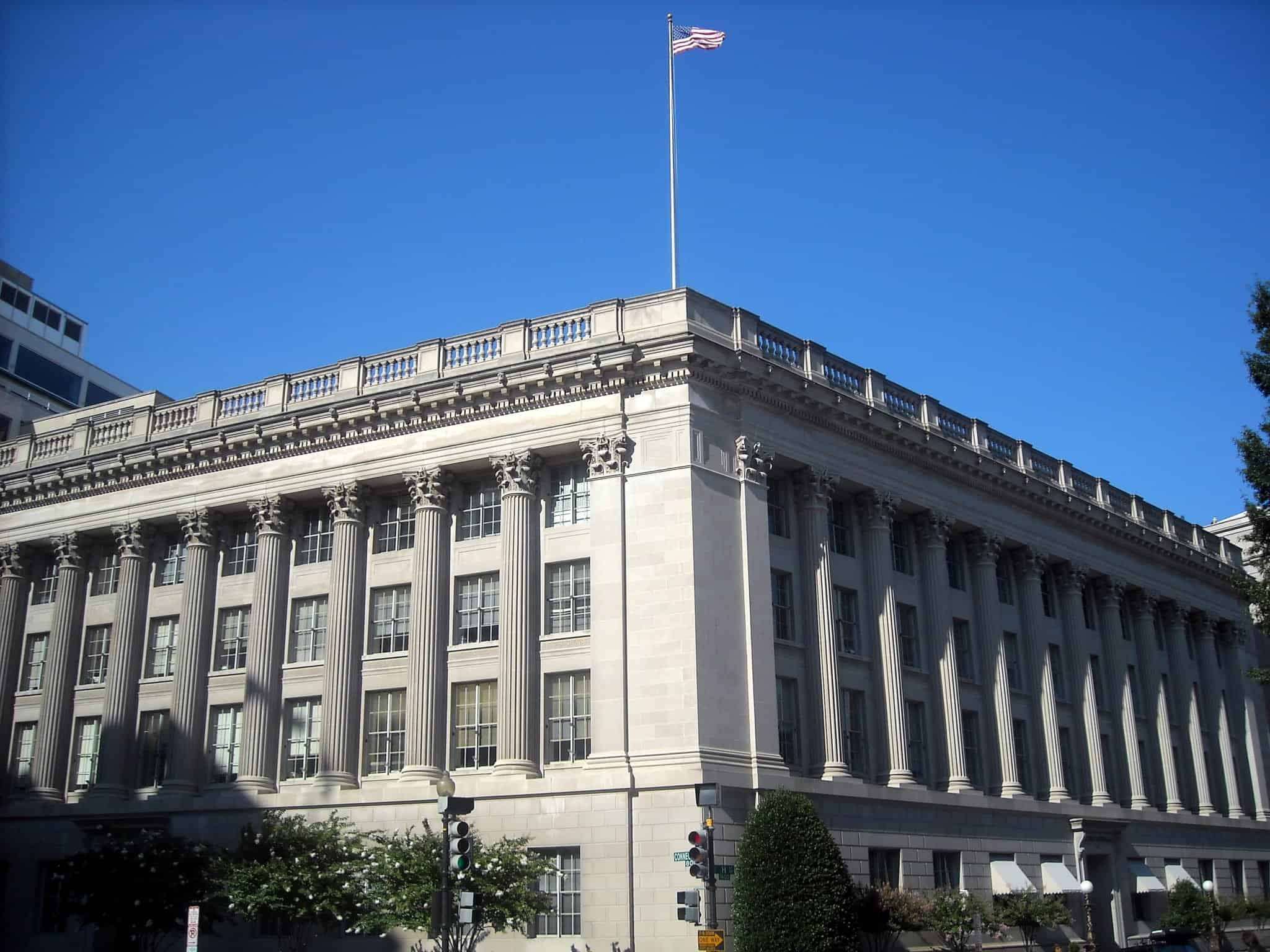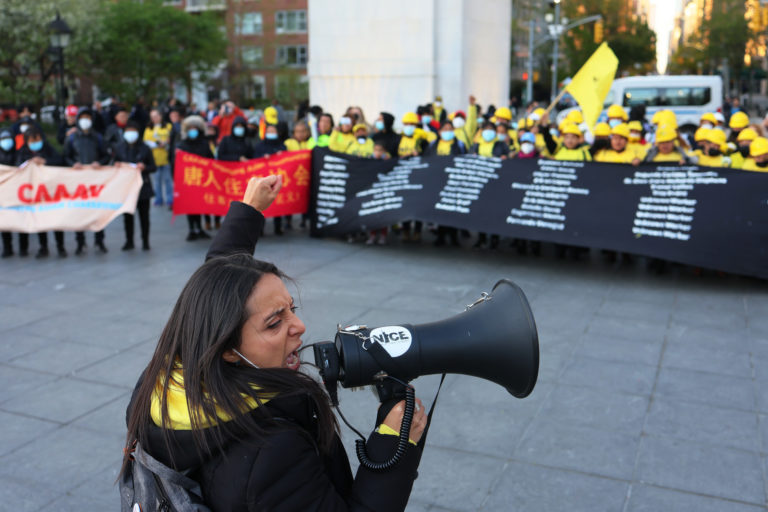
Jonathan R. Harkavy has taught labor and employment law at Wake Forest School of Law and corporate finance at Duke Law School and the University of North Carolina at Chapel Hill School of Law. During the summers of 2018 and 2019, he has been a visiting research fellow in the Labor and Worklife Program at Harvard Law School.
Charlotte Garden’s insightful essay at Take Care about how antitrust laws are being used as a bludgeon against union collective action immediately brings to my mind Andrew Strom’s OnLabor post about the so-called “Powell Memo.” My hope is that considering these two posts together will fortify what both OnLabor contributors have to say.
To refresh, when Lewis Powell was at the height of his influence as a private practitioner in 1971, he wrote a memorandum for the U.S. Chamber of Commerce that is now widely regarded as the blueprint for building a collective voice for the American business community. Witness Powell’s words about collective or unified action:
“But independent and uncoordinated activity by individual corporations, as important as this is, will not be sufficient. Strength lies in organization. . . and in the political power available only through united action and national organizations.”
Fast forward nearly fifty years from the Powell memorandum: We can now better appreciate (recalling Lewis Powell’s own words) what Charlotte Garden wrote about—the collective might of the business community wielding, of all things, the antitrust laws to sap the “strength [that] lies in organization” and hamstring the “united action” of working people.
And so, it is ironic in the extreme, if not downright hypocritical, for the premier exponent and beneficiary of collective action—the U.S. Chamber of Commerce—to attempt (whether by the antitrust laws or otherwise) to deny to individuals who work for its members the benefits of a collective voice and unified action.










Daily News & Commentary
Start your day with our roundup of the latest labor developments. See all
July 15
The Department of Labor announces new guidance around Occupational Safety and Health Administration penalty and debt collection procedures; a Cornell University graduate student challenges graduate student employee-status under the National Labor Relations Act; the Supreme Court clears the way for the Trump administration to move forward with a significant staff reduction at the Department of Education.
July 14
More circuits weigh in on two-step certification; Uber challengers Seattle deactivation ordinance.
July 13
APWU and USPS ratify a new contract, ICE barred from racial profiling in Los Angeles, and the fight continues over the dismantling of NIOSH
July 11
Regional director orders election without Board quorum; 9th Circuit pauses injunction on Executive Order; Driverless car legislation in Massachusetts
July 10
Wisconsin Supreme Court holds UW Health nurses are not covered by Wisconsin’s Labor Peace Act; a district judge denies the request to stay an injunction pending appeal; the NFLPA appeals an arbitration decision.
July 9
the Supreme Court allows Trump to proceed with mass firings; Secretary of Agriculture suggests Medicaid recipients replace deported migrant farmworkers; DHS ends TPS for Nicaragua and Honduras